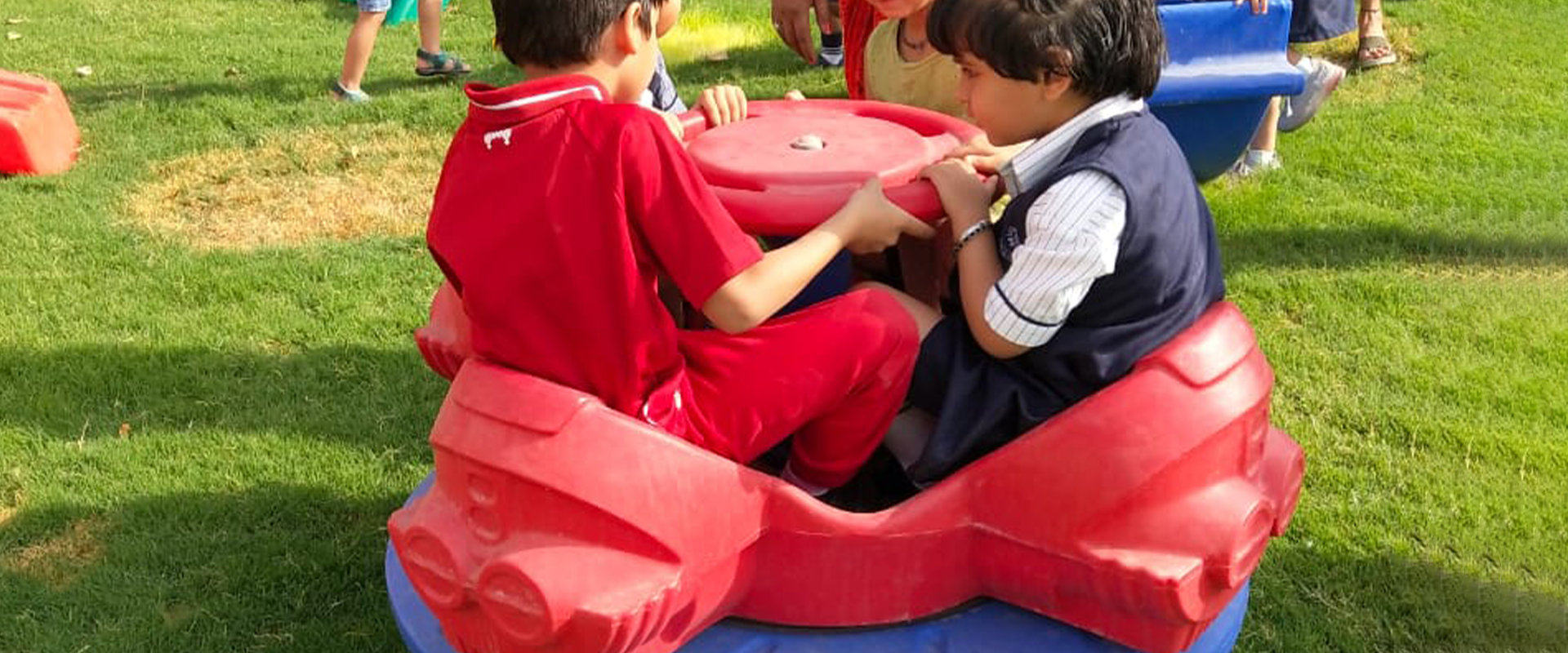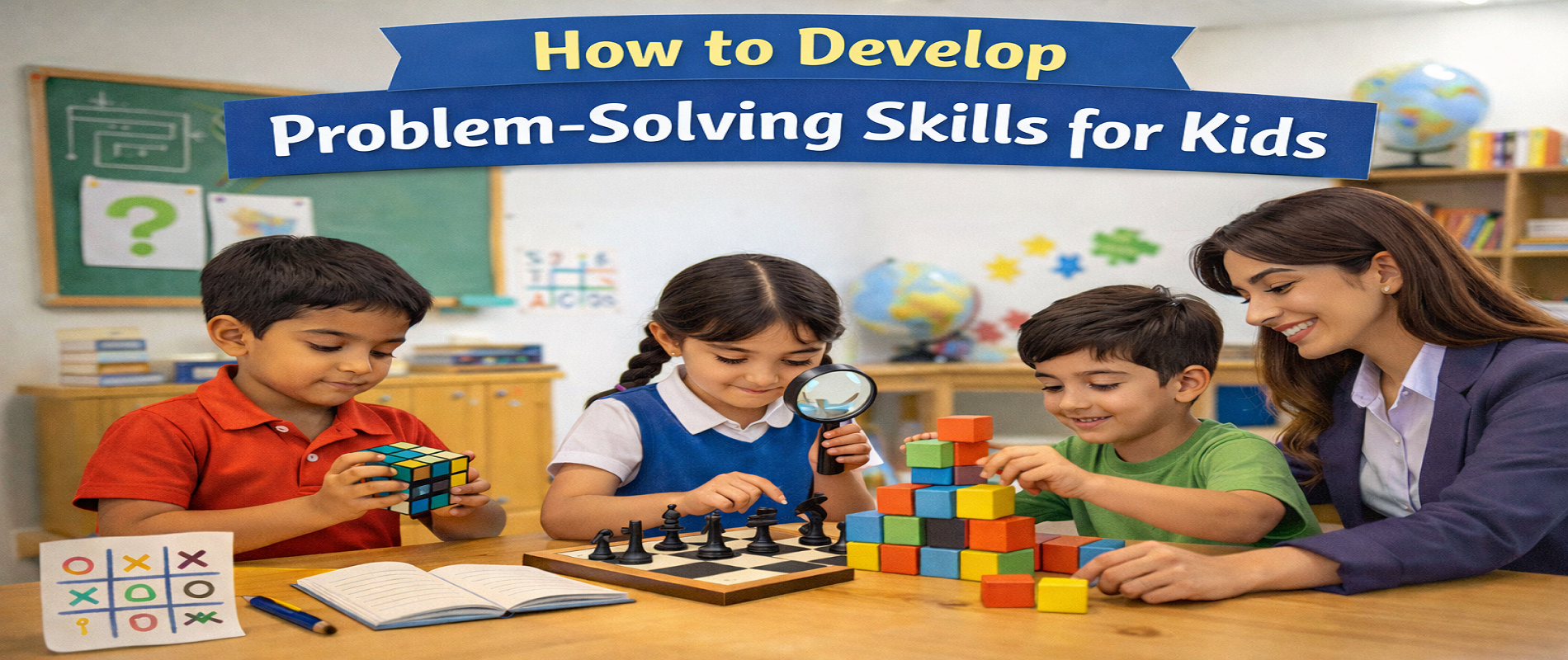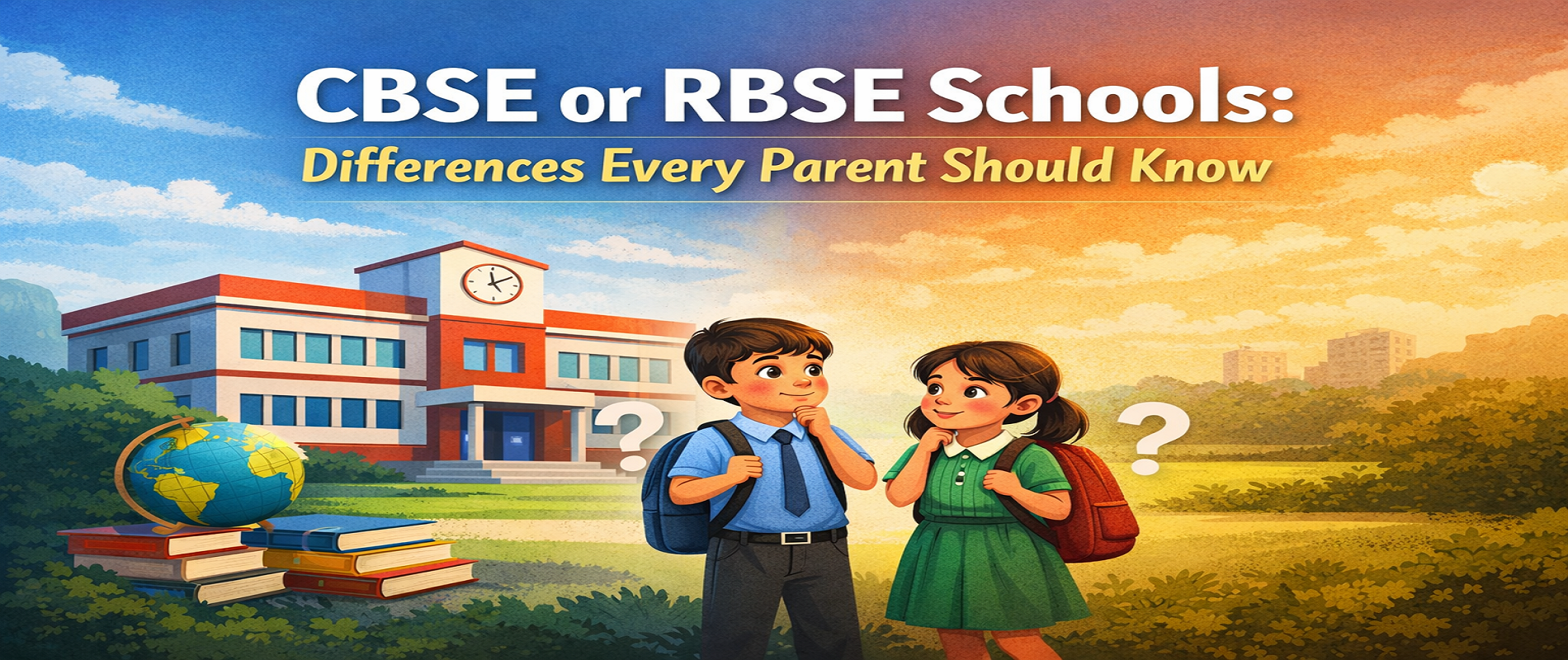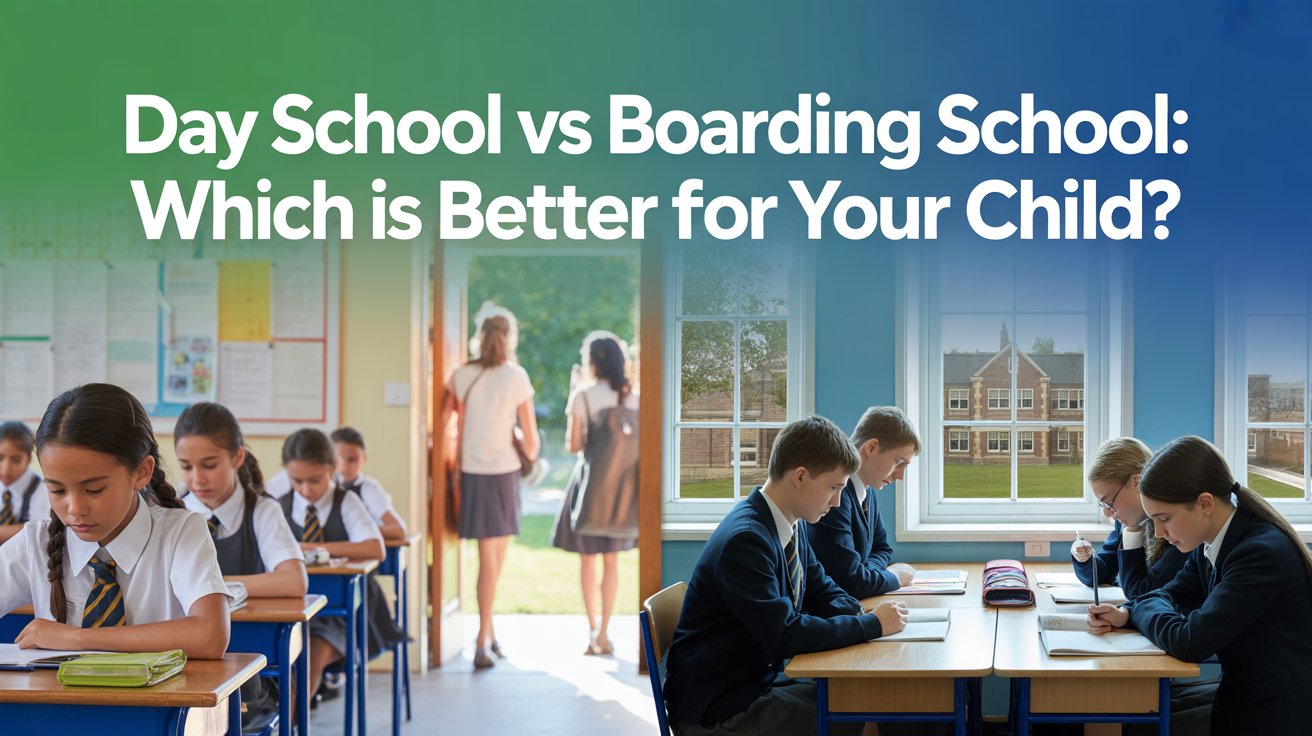Friendship is a vital aspect of a child’s life that plays a significant role in their overall development and well-being. It is through friendships that children learn valuable social skills, develop empathy, and experience the joys of companionship. In this blog, we will explore the importance of friendship in a child’s life, how it influences their growth, and how schools can foster an environment that nurtures these precious bonds.
The Impact of Friendship on Child Development
- Emotional Support: Friends provide a sense of emotional support and understanding for children. They offer a safe space to share their thoughts, feelings, and experiences, helping them develop emotional intelligence and resilience.
- Social Skills: Through interactions with friends, children learn essential social skills such as communication, cooperation, empathy, and conflict resolution. These skills are crucial for building healthy relationships throughout their lives.
- Self-Confidence: Friendships contribute to a child’s self-confidence and self-esteem. Positive relationships with friends boost their sense of belonging, acceptance, and validation, allowing them to develop a positive self-identity.
- Creative Development: Engaging in conversations, sharing ideas, and problem-solving with friends stimulates creative development. It enhances critical thinking, creativity, and the ability to see different perspectives.
Independence and Decision-Making: Friendships provide opportunities for children to make decisions independently. They learn to negotiate, compromise, and take responsibility for their actions, contributing to their personal growth
Coping with Challenges: Friends offer support during challenging times, such as academic stress, peer pressure, or personal difficulties.
Fostering Friendships in Schools
Schools play a crucial role in creating an environment that encourages and nurtures friendships among children. Here are some ways schools can promote the importance of friendship:
- Creating Inclusive Spaces: Schools should strive to create inclusive environments where every child feels valued and accepted. Encourage students to appreciate diversity, respect differences, and embrace inclusivity.
- Cooperative Learning Activities: Incorporate cooperative learning activities into the curriculum that require students to work together in groups. This promotes collaboration, teamwork, and the development of friendships.
- Peer Mentoring Programs: Implement peer mentoring programs where older students can mentor younger students. This not only fosters friendships but also builds a sense of responsibility and leadership among older students.
- Friendship Building Workshops: Conduct workshops on friendship skills, communication, empathy, and conflict resolution. Teach children how to be good friends and encourage positive social interactions.
- Lunchtime and Recess Activities: Create structured and inclusive activities during lunch breaks and recess periods. This provides opportunities for children to interact, engage in play, and develop friendships outside the classroom.
- Friendship-themed Events: Organize friendship-themed events such as Friendship Day celebrations, friendship drives, or friendship-themed assemblies. These events highlight the importance of friendships and reinforce their significance in children’s lives.
Nurturing Friendships at Home
In addition to school efforts, parents and caregivers also play a crucial role in nurturing friendships in a child’s life. Here are some ways parents can support their child’s friendships:
- Encourage Socialization: Encourage your child to participate in extracurricular activities, clubs, or community events where they can meet and interact with peers who share similar interests.
- Playdates and Outings: Arrange playdates or outings with your child’s friends outside of school. These informal settings provide opportunities for children to strengthen their friendships and create lasting memories.
- Teach Empathy and Kindness: Help your child develop empathy and kindness by modeling these qualities and encouraging them to understand and appreciate the feelings of others.
- Open Communication: Maintain open lines of communication with your child, allowing them to express their feelings and experiences with friends. Offer guidance and support when needed, helping them navigate friendship challenges.
Friendship is a cornerstone of a child’s emotional and social development. It teaches them valuable life skills, supports their emotional well-being, and enhances their overall happiness. As parents, caregivers, and educators, it is our responsibility to create an environment that fosters healthy friendships. By emphasizing the importance of friendships in CBSE schools and homes, we can equip children with the tools and support they need to form meaningful connections that will positively impact their lives for years to come.







